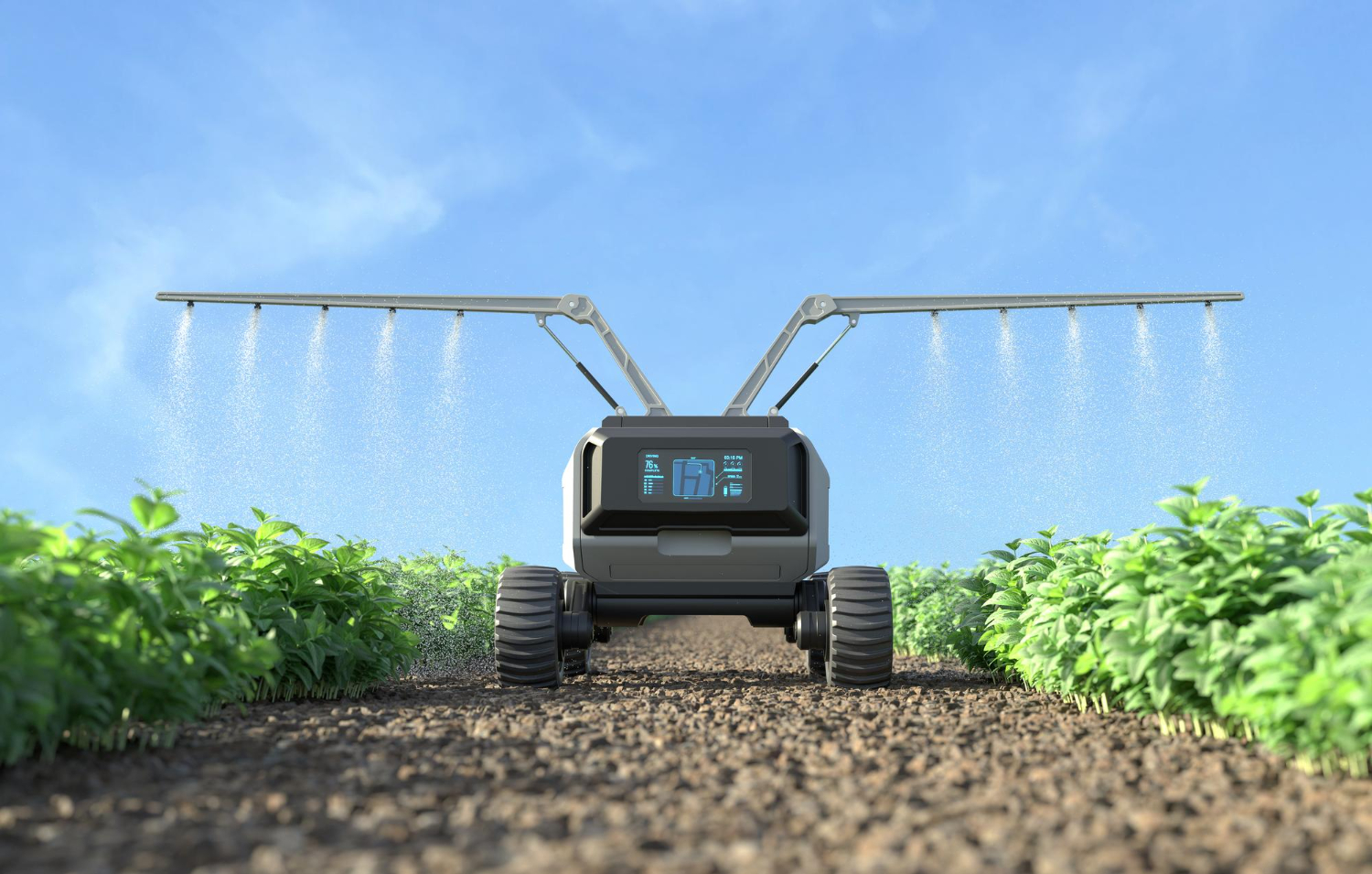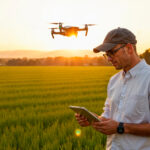The agricultural sector is undergoing a digital revolution. Traditional farming is evolving into smart farming, where smart harvesting technologies play a central role. From robotics to artificial intelligence, smart harvesting is not only boosting productivity but also opening up exciting career opportunities for the tech-savvy and environmentally conscious.
If you’re looking for a career that blends technology, innovation, and sustainability, smart harvesting in farming could be your ideal path.
🌾 What Is Smart Harvesting?
Smart harvesting refers to the use of advanced technologies like AI, robotics, sensors, drones, and data analytics to automate the harvesting process in farming. Unlike manual or traditional methods, smart harvesting ensures precision, reduces labor costs, minimizes waste, and improves crop yields.
Technologies include:
- Automated harvesters and picking robots
- Drone-based crop monitoring
- IoT-enabled sensors for detecting ripeness
- AI-driven yield forecasting
👩💻 Career Opportunities in Smart Harvesting
This is a multi-disciplinary field offering diverse roles across agriculture, engineering, data science, and environmental studies. Here are some top career paths:
1. Agricultural Robotics Engineer
- Role: Design and develop robots for picking fruits, vegetables, and grains.
- Skills: Mechatronics, machine vision, embedded systems
2. Precision Agriculture Specialist
- Role: Use GPS, drones, and data to optimize harvesting and planting.
- Skills: GIS mapping, drone operation, crop analytics
3. Data Analyst (AgriTech)
- Role: Analyze farm data to forecast crop maturity and harvest times.
- Skills: Python, R, AI/ML, big data
4. IoT Technician for Smart Farming
- Role: Install and maintain smart sensors for real-time crop monitoring.
- Skills: Networking, hardware troubleshooting, remote diagnostics
5. Sustainability Consultant (Agriculture)
- Role: Help farms reduce waste and improve eco-friendly harvesting practices.
- Skills: Environmental science, supply chain optimization
🎓 How to Start a Career in Smart Harvesting
Starting a career in smart harvesting requires a mix of education, practical skills, and tech literacy. Here’s how to begin:
1. Educational Background
- Recommended degrees: Agricultural Engineering, Data Science, Robotics, or Environmental Technology
- Certifications: Look for courses in smart farming, IoT, and precision agriculture
2. Skill Development
- Learn coding (Python, C++) for automation
- Understand drone technology and sensor networks
- Study machine learning applications in agriculture
3. Hands-on Experience
- Intern with AgriTech companies or startups
- Participate in agricultural hackathons or innovation labs
- Volunteer on smart farms or research projects
📚 Recommended Resources
- FAO on Digital Agriculture
- John Deere – AgTech Careers
- Smart Agriculture Training by eCornell
- Future Farming – Smart Harvesting News
🚀 Future Scope
The demand for smart harvesting professionals is rising globally. As climate change, food security, and labor shortages challenge the agriculture industry, smart solutions will become vital. Governments and private sectors are investing heavily in AgriTech, creating jobs in both rural and urban areas.
According to a report by Research and Markets, the global smart agriculture market is expected to grow to USD 22 billion by 2026, signaling a major career boom in this field.
💡 Final Thoughts
A career in smart harvesting merges innovation with impact. Whether you’re an engineer, coder, data scientist, or sustainability advocate, there’s a place for you in this high-growth sector. With the right education and passion for technology and sustainability, you can be part of a movement that’s transforming how the world grows its food.
⚠️ Disclaimer
This blog is for informational purposes only. Career trends, technologies, and educational requirements may vary by region and change over time. Always consult official educational institutions or career advisors before making decisions.









